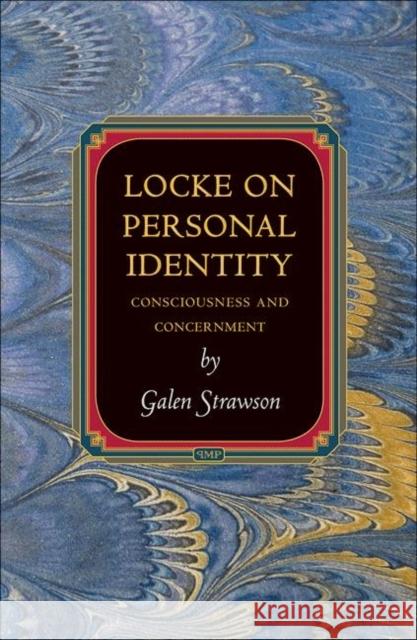Locke on Personal Identity: Consciousness and Concernment » książka
Locke on Personal Identity: Consciousness and Concernment
ISBN-13: 9780691147574 / Angielski / Twarda / 2011 / 280 str.
John Locke's theory of personal identity underlies all modern discussion of the nature of persons and selves--yet it is widely thought to be wrong. In his new book, Galen Strawson argues that in fact it is Locke's critics who are wrong, and that the famous objections to his theory are invalid. Indeed, far from refuting Locke, they illustrate his fundamental point.
Strawson argues that the root error is to take Locke's use of the word "person" only in the ordinary way, as merely a term for a standard persisting thing, like "human being." In actuality, Locke uses "person" primarily as a forensic or legal term geared specifically to questions about praise and blame, punishment and reward. In these terms, your personal identity is roughly a matter of those of your past actions that you are still responsible for because you are still "conscious" of them in Locke's special sense of that word.
Clearly and vigorously argued, this is an important contribution both to the history of philosophy and to the contemporary philosophy of personal identity.











